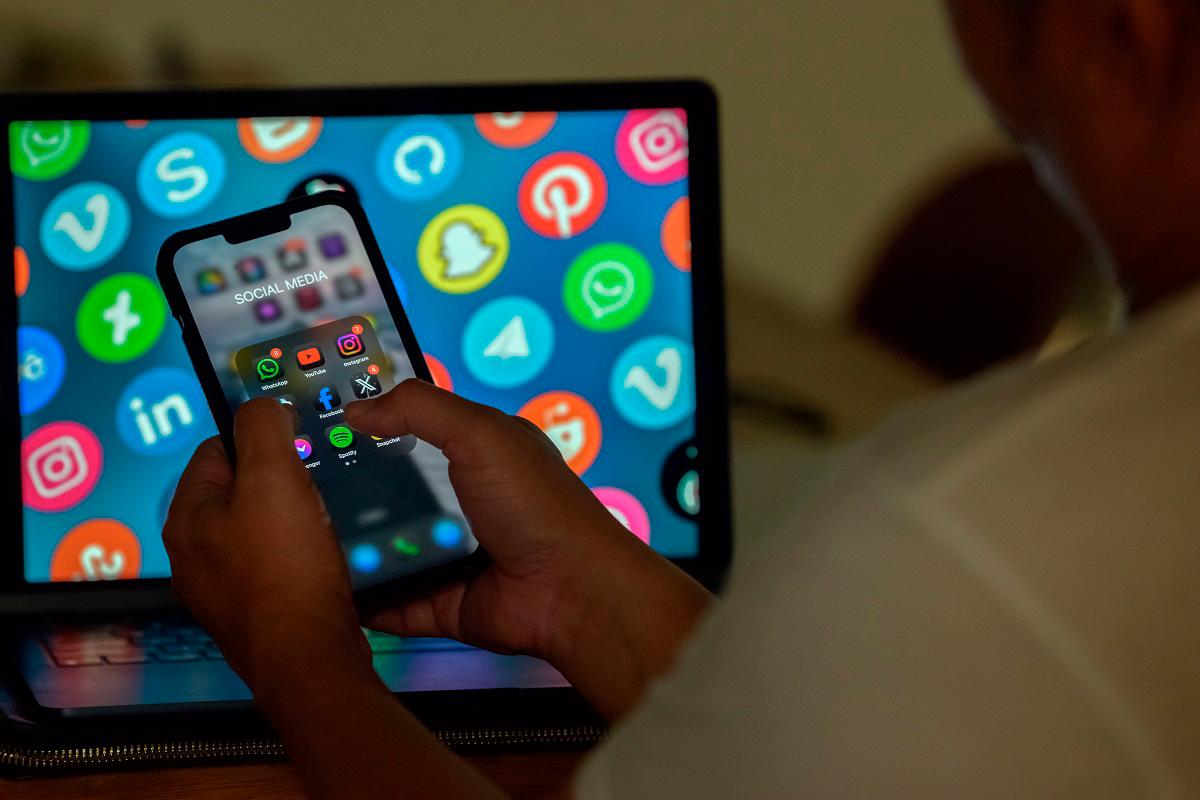TO most of you, posting online may feel ordinary. You send memes to friends to stay
connected, reply with a joke, leave a comment and move on.
However, once those words, pictures or videos are out there, you lose control over them. They can be seen by anyone, at any time, in any mood.
The internet flattens your voice, hiding your smile, your shrug and intent. More often than not, your words land in ways you would never expect.
I once responded to an Instagram post featuring a Malaysian family who had painted their dog with orange and black stripes. In the comments, a user from a Western country made a remark suggesting that Malaysians would eat the dog, a comment rooted in a longstanding and inaccurate stereotype about Asians.
I replied, hoping to correct the misconception and defend my country. However, the response I received further targeted my ethnicity, revealing how quickly such conversations online can escalate into racially charged territory.
For context, I am a Malaysian Chinese. My Instagram was public at the time and although I rarely posted selfies, a few were enough for that stranger to decide who I was and what kind of insults I apparently deserved. That comment, though not aimed at me by name, stayed with me for a long time.
Sarcasm is hard to pull off in person, let alone online. Without facial expressions or tone of voice, what is meant as a joke can easily come across as an insult or even bullying.
A joke that makes sense in one group chat might feel hurtful or humiliating to someone outside that group. You may just be trying to be funny or fit in but you cannot control how your words are received.
Memes and jokes often blur boundaries. What starts as a “joke” can quickly slip into hate speech or discrimination, especially towards people who already feel excluded. You may not notice it but the people on the receiving end almost always do.
Hate speech is not always loud or obvious. Sometimes it appears as a stereotype, a slur disguised as a joke or a meme targeting someone’s race, gender or background.
According to the United Nations, hate speech includes any message that is written, spoken or shared that attacks or discriminates against people based on factors such as religion, ethnicity, gender or identity.
According to Alice Wairimu Nderitu, former UN special adviser on the prevention of genocide, “No child is born with hate. Hate is taught”. Bigotry, racism, xenophobia and misogyny – they all start somewhere. They usually start small, for instance, like a word, a joke or a comment that no one challenges. Over time, these “little things” build up and can lead to real harm, both online and in the real world.
There is a rule I live by: If you have nothing good to say, do not say anything at all. It applies even more online. You do not have to respond to every post. You do not have to share every fleeting thought. You do not have to prove you are clever. Sometimes, being silent is the wisest choice you can make.
Take a moment to pause and ask yourself: “What if this were said to me?” And chances are, you will already know what to do.
You never truly know what someone else is going through when they read your comment but once it is out there, you cannot always take it back.
You may not have meant any harm but once words are online, your intent matters less than the impact they have. People who read your words may interpret them in ways you never intended. They cannot see your face or know how you feel. What you write can stay with them far longer than you realise.
That awful experience led me to make my Instagram account private and to stop posting altogether, even to friends and family abroad. When I reported the comment, Instagram responded that it did not qualify as hate speech. I understood that the review process was automated but the lack of action still felt like a second blow.
We are not just consumers of content; we are creators, curators and active participants in today’s media landscape. That role comes with influence, and as someone once said, “with great power comes great responsibility”.
The world does not just need clever communicators; it needs thoughtful ones. It needs people who understand that free speech is not free from consequences and that words can cause real harm.
So, I hope everyone will choose their words with care. Sometimes, the most powerful thing you can say is to say nothing at all.
The fight against hate does not always begin with grand gestures or speeches; it starts in quiet moments when you decide not to share a joke, not to post a comment or not to laugh at someone else’s expense.
Chloe Yong is a senior lecturer of the Sunway Foundation Programme at Sunway College.
Comments: letters@thesundaily.com









